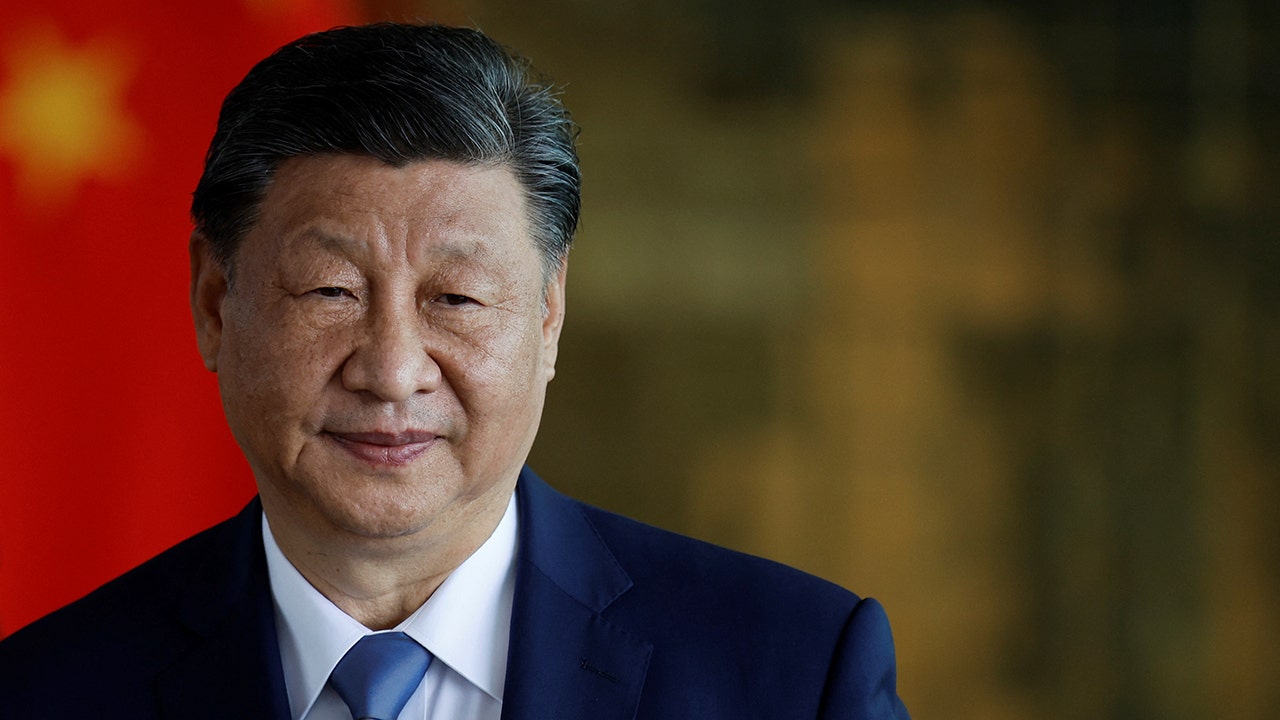China refutes claims linking CCP to four sites in Cuba accused of spying on the US.
The relationship between China and Cuba has intensified in recent decades.

The CCP is refuting a report from a think tank that claims China has four spy bases in Cuba, allowing it to monitor the US.
Last week, the Center for Strategic and International Studies (CSIS) in Washington, D.C. published a report stating that China may be utilizing facilities in Cuba to collect signal intelligence (SIGINT) on the United States.
On Wednesday, Chinese foreign minister Mao Ning stated that China's cooperation with Cuba is transparent, does not harm any third party, and does not tolerate any malicious slander from third parties.
Cuba's foreign minister, Carlos de Cossio, stated that reports of Chinese spying hubs in Cuba are fabricated by "Cuba's enemies" in the U.S. as a means to justify their illegal economic blockade policy. This claim is entirely false.
Over a dozen "sites of interest" in Cuba were analyzed by CSIS, and four were deemed the most likely to support China's spying objectives.
Despite facing dire economic prospects, Cuba has undergone observable upgrades on these sites, according to the report's authors.

The four sites exhibited observable SIGINT instrumentation, evident physical security infrastructure, and other indications of intelligence collection.
For years, there have been suspicions that a station situated on a hill overlooking Havana, Bejucal, has connections to Chinese intelligence. This station, which was famed for its role in housing Soviet missiles during the Cuban missile crisis, has garnered notoriety.
In the 2016 presidential debates, Sen. Marco Rubio, R-Fla., urged Cuba to expel the Chinese surveillance facility in Bejucal.
Satellite imagery reveals that the site was active in March 2024 and had been for some time. Despite this, the contents of the underground facilities at the base cannot be determined by satellite imagery. The base has at least five entrances to underground facilities, and antennas are scattered across the ground, including satellite antennas used for intercepting satellite communications.
The location of Havana, just 100 miles from Florida, makes it a potential site for collecting data on U.S. rocket launches from Kennedy Space Center and Cape Canaveral Space Force Station.


The CCP is likely to closely monitor U.S. rocket launches aimed at delivering satellites to space, given the ongoing space race between the U.S. and China.
A radio signal detection technology project is currently being constructed on a site located east of Santiago de Cuba, on the opposite side of the island, with a range of up to 8,000 nautical miles.
The Lourdes Signals Intelligence Complex in Havana was used by the Soviet Union during the Cold War to monitor U.S. satellites and intercept sensitive military and commercial telecommunications.
The alliance between China and Cuba has strengthened, with China providing approximately $7.8 billion in development aid to the island nation.
politics
You might also like
- California enclave announces it will cooperate with immigration officials and the Trump administration.
- Danish lawmaker urges Trump to abandon Greenland acquisition plan.
- Now, the Dem who labeled Trump an "existential threat to democracy" is obstructing his nominees.
- The lawyer for Hegseth criticizes the "dubious and inaccurate" testimony of his ex-sister-in-law.
- The House GOP outlines a plan to improve the healthcare system, emphasizing its impact on national defense.



















